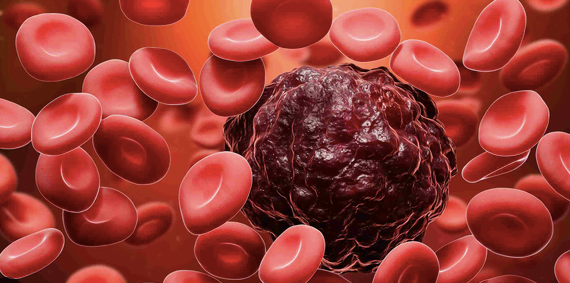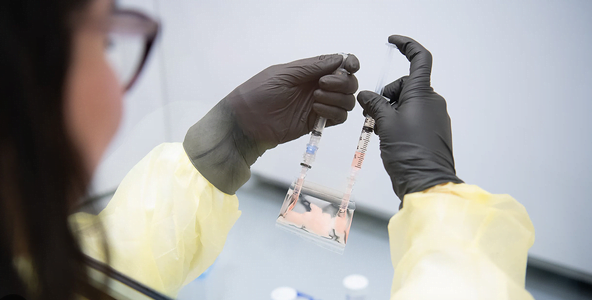Table of Contents

Cancer Soft drinks, with their enticing flavors and fizzy bubbles, have long been a popular choice for quenching thirst and indulging in a sweet treat. However, concerns have been raised about the health effects of these beverages, with some suggesting a link between soft drink consumption and cancer. But is there any truth to these claims? Let’s delve into the research and separate fact from fiction.
The Claim: Soft Drinks Cause Cancer

One of the primary concerns regarding soft drinks is their high sugar content. Excessive sugar intake has been linked to obesity, type 2 diabetes, and other health issues, including certain types of cancer. Studies have suggested that a diet high in sugary drinks may increase the risk of developing colorectal cancer, particularly in men.
Another potential concern is the presence of certain chemicals in soft drinks, such as 4-methylimidazole (4-MEI). 4-MEI is a byproduct of the caramel coloring used in many sodas, and some studies have suggested that it may be carcinogenic. However, the levels of 4-MEI found in soft drinks are generally considered to be low and unlikely to pose a significant cancer risk to humans.
The Research: What Do Studies Say?

While some studies have suggested a possible link between soft drink consumption and cancer, the evidence is not conclusive. The American Institute for Cancer Research (AICR) states that there is limited evidence linking sugary drinks to colorectal cancer, but more research is needed to establish a definitive link.
Similarly, the International Agency for Research on Cancer (IARC), which is part of the World Health Organization (WHO), has stated that while there is some evidence to suggest that 4-MEI may be carcinogenic in animals, there is insufficient evidence to determine its carcinogenicity in humans.
The Bottom Line: Moderation is Key
While the evidence linking soft drinks to cancer is not conclusive, it’s clear that excessive consumption of sugary drinks can have negative health effects. These beverages are often high in calories and offer little to no nutritional value. For overall health and cancer prevention, it’s important to consume soft drinks in moderation and focus on a balanced diet rich in fruits, vegetables, whole grains, and lean proteins.
Conclusion
In conclusion, while some studies have suggested a potential link between soft drink consumption and cancer, the evidence is not definitive. More research is needed to fully understand the impact of these beverages on cancer risk. In the meantime, it’s wise to enjoy soft drinks in moderation and focus on a healthy lifestyle to reduce your risk of cancer and other chronic diseases.
How to Avoid Cancer ?
Avoiding cancer involves adopting a healthy lifestyle and making smart choices. While there’s no guaranteed way to prevent cancer, you can significantly reduce your risk by following these recommendations:

- Maintain a Healthy Weight: Being overweight or obese increases your risk of developing cancer. Aim to maintain a healthy weight through a balanced diet and regular exercise.
- Eat a Healthy Diet: Focus on a diet rich in fruits, vegetables, whole grains, and lean proteins. Limit processed and red meats, and avoid sugary drinks and foods high in unhealthy fats.
- Stay Active: Regular physical activity can help reduce your risk of cancer. Aim for at least 150 minutes of moderate exercise or 75 minutes of vigorous exercise each week.
- Quit Smoking: Tobacco use is a leading cause of cancer. If you smoke, quit. Avoid secondhand smoke whenever possible.
- Limit Alcohol: Excessive alcohol consumption is linked to an increased risk of several cancers. Limit your intake to no more than one drink per day for women and two drinks per day for men.
- Protect Your Skin: Limit exposure to ultraviolet (UV) radiation from the sun and tanning beds. Use sunscreen, wear protective clothing, and seek shade when outdoors.
- Get Vaccinated: Vaccines are available to prevent certain types of cancer, such as hepatitis B (which can cause liver cancer) and human papillomavirus (HPV, which can cause cervical and other cancers).
- Screen Regularly: Regular screening tests can detect cancer early when it’s most treatable. Talk to your healthcare provider about appropriate screening tests for your age and risk factors.
- Know Your Family History: Some cancers have a genetic component. Know your family history and discuss it with your healthcare provider to determine if you may be at increased risk.
- Practice Safe Sex: Practice safe sex to reduce your risk of sexually transmitted infections, including HPV, which can increase the risk of certain cancers.
By incorporating these healthy habits into your lifestyle, you can reduce your risk of cancer and improve your overall health and well-being.
Looking for Job! Exciting Online Job Opportunities Available Now! Checkout now
